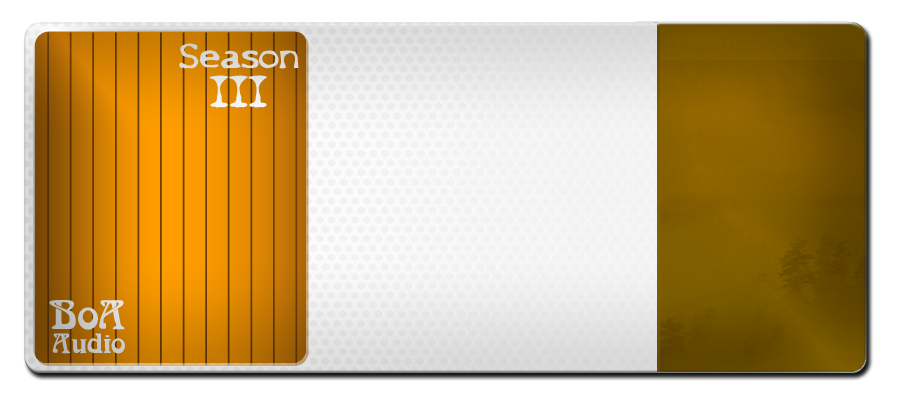
We pick up where we left off last week, as Keith tells us why the Foo Fighter sightings probably weren't St.Elmo's Fire, despite that being a popular explanation from the mainstream scientists who looked at the Foo Fighter phenomenon. Next we discuss the unique characteristics of the Foo Fighters with regards to radar, in that sometimes they showed up on radar, sometimes they didn't, sometimes they were only visible via radar and other times only visible by human eye.
Next we discuss the similarities and differences between Foo Fighter sightings in the European and Pacific theater of operations during the war. Our discussion then heads to the end of the first part of WWII with the surrender of Germany, we talk about what the Allied forces tried to do to find out the secret of the Foo Fighters and what they found out. Keith explains the story behind the popular idea that German and Japanese pilots were also seeing Foo Fighters and how much documentation exists to back up that popular story. Keith tells us what he thinks became of any documentation related to the Foo Fighters that may have been found in Germany.
After that, we talk about the popular theory that Germany developed a UFO of their own and Keith tells us what he thinks of this theory, based on his research. This leads to a discussion on how advanced the German thinking was, as far as the evolution of flight and eventual space travel, and the role of the captured German scientists in the early days of the US space program.
Tackling some big picture questions, we find out what Keith thinks the aerial phenomena during WWII truly was. Getting purely speculative, we delve into the idea of whether or not the Allied forces thought the Foo Fighter phenomena was German all along or, if at some point, they entertained the idea of different origins for the enigmas.
Looking at the other theatre of operations for World War II, Keith tells us what he has uncovered as far as Foo Fighter information from Japan in the post-war period.
Moving back into big picture questions, Keith speculates on how influential early Foo Fighter investigations were on subsequent UFO investigations by the government, notably the Robertson Panel. We also find out how well known the UFO specialists within the government were to the general public at large.
Keith tells us about the situation post-WWII, as far as Foo Fighter sightings by pilots in future conflicts like Korea and Vietnam. He also tell us about the prevalence of sightings which he left out of the book: civilian sightings of anomalous aerial phenomena. We discuss how the Foo Fighter sightings before World War II fly in the face of the popular notion that nuclear testing attracted the UFOs to Earth and we get Keith's take on how the Foo Fighter phenomena affects that popular idea.
We find out if Keith has heard much feedback, from an international perspective, to "Strange Company" and what the situation is like now, as far as getting new Foo Fighter testimony from WWII pilots. He also shares an interesting story about some great documentation of the Foo Fighter era that was done in the early 1990's yet will not be shared by the researcher who compiled the information. We also find out if Keith has gotten many second generation stories from people who had parents in the war.
Wrapping up the "Strange Company" discussion, we talk about Keith's mentor, Len Stringfield. Keith tells us about Len's role in mentoring him and shaping present day Ufology. Keith shares what Len said about why he was able to get so much information from witnesses. He also shares with us some of Len's theories with regards to what the UFO phenomenon was all about and what the government knew or felt about the UFO phenomenon. We also find out what Len felt about the field of Ufology, which he'd seen evolve over the course of four decades.
Finishing up the interview, we find out what's next for Keith Chester.
Born in 1957 - a sputnik baby - Keith Chester's interest in UFOs began in 1966 with a daylight sighting while growing up in Frederick, Maryland. Art, film, and music have been the constant fuel from which he has drawn inspiration throughout his fifty years. Around 1989, his passionate interest of the UFO phenomenon culminated in the book "Strange Company : Military Encounters with UFOs in WWII".
At present, he's researching for another book, making abstract films, and tapping into the world around him.
You can check out more info on "Strange Company" at the Anomalist Books website.

